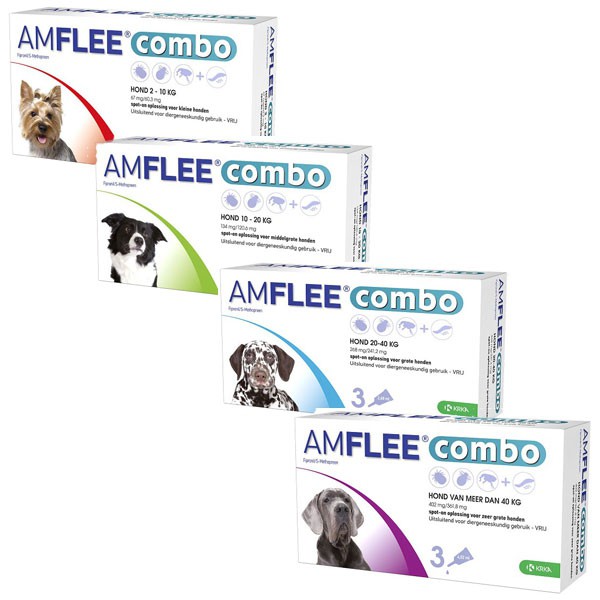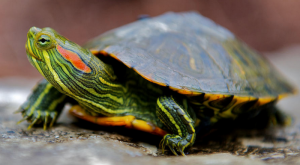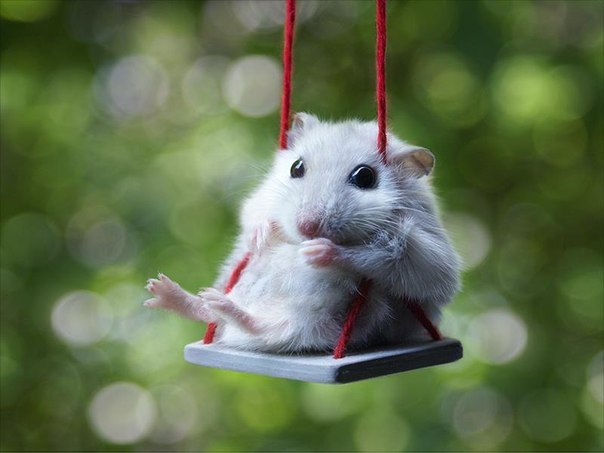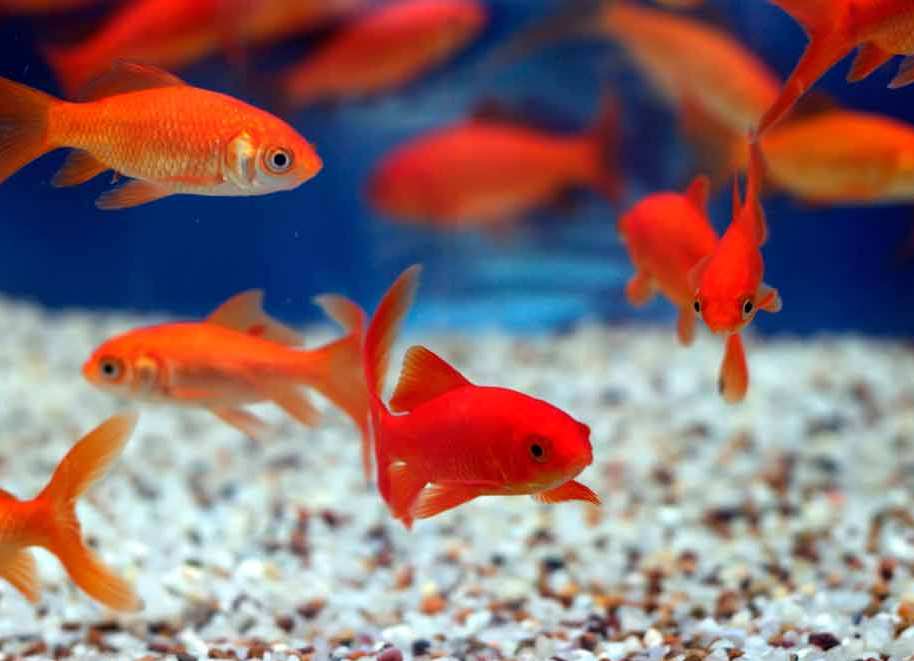
——————————————————————————————————– Ectoparasites called the entire numerous detachment of small parasites that a dog, cat or other animal may encounter, but which differ in that they do not affect the internal organs of the donor, but settle on its skin or coat.
Among the insects parasitizing on cats and dogs, the following are most common:Dog lice – these are parasites that do not have wings and feed on blood. The head of the insect is elongated and noticeably narrower than the chest. The device of the mouth is classified as piercing-sucking. The infected animal experiences severe itching and constantly itches, loses weight and loses its coat.. Lice eaters – they are small wingless bugs, the size of a flea, but having important differences from it. Insects eat the remains of the epidermis and animal hair. The presence of parasites in the pet’s hair leads to complete or partial loss of your pet’s hair, itching and inflammation of the skin, as with scabies. Fleas – these are small and very dangerous blood-sucking insects. The pairs of legs at the back of the flea are well developed, due to which the parasites are able to jump over considerable distances. A flea bite causes pain and intolerable itching of the animal’s body. Signs of the presence of insects are numerous black “crumbs” in the back and lumbar areas, which are nothing more than the excrement of pests. A large number of fleas can cause anemia in your pet. Ixodid ticks – this is another type of blood-sucking ectoparasites that carry larvae of endoparasites, which eventually fall into the bloodstream of animals. These small parasites are considered the cause of scabies, as well as various skin inflammations. Some live on the skin of the body, others affect the ears from the inside.
Ectoparasites enter animals in different ways. More often this happens during walks in nature – in the forest, city parks and squares.
What will happen if the animal is not treated?
Most likely it will die, but before that it will infect the maximum number of animals around. The presence of ectoparasites on the body of cats and dogs significantly affects their health, as:
1. the nervous system of pets suffers – due to constant itching, sleep is disturbed, appetite disappears; 2. immunity decreases, increasing the susceptibility of the body to infections; 3. there is a danger of infection with endoparasites, since ticks, lice and fleas are their carriers; 4. blood-sucking insects lead to anemia of the which negatively affects the overall tone and further viability of the animal; 5. the risk of allergic reactions increases; there is a risk of complications in the form of other parasitic, as well as viral and bacterial pathologies.Prevention of ectoparasites should begin with a full hygiene – maintaining the cleanliness and periodic processing of the animal.
The potential danger of lice, fleas and ticks is a reason to take care of protecting pets.With help insect-acaricidal drops You can carefully protect your pet from blood-sucking insects. It is an effective insecticide and acaricide..

Proper and timely prophylaxis greatly reduces the risk of getting your pets infected..









